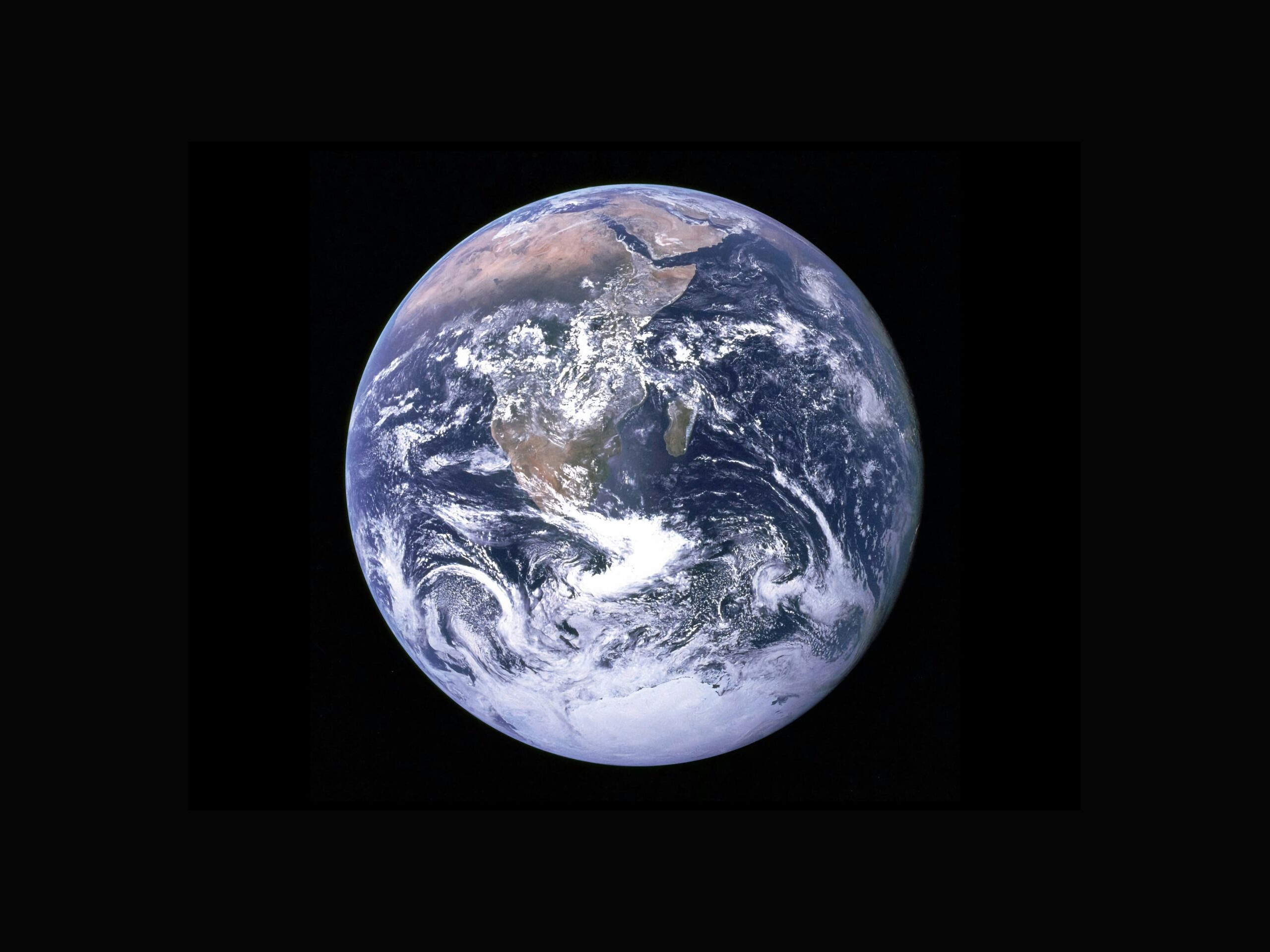Is Life on Another Planet Possible?
As human beings, we have always been fascinated by the possibility of life on other planets. The vastness of the universe and the sheer number of planets out there make it hard to believe that Earth is the only place where life exists. But is there any scientific evidence to support this idea? Let’s explore the possibilities.
The Conditions for Life
When we talk about the possibility of life on other planets, we need to consider the conditions that are necessary for life to exist. One of the key factors is the presence of liquid water. Water is essential for the development and sustenance of life as we know it. So, scientists are always on the lookout for planets that have the right conditions for liquid water to exist.
Another important factor is the presence of a stable atmosphere. Earth’s atmosphere protects us from harmful radiation and provides the necessary gases for life to thrive. Without a similar atmosphere, it would be challenging for life to survive on other planets.
Additionally, the presence of organic molecules is crucial. Organic molecules are the building blocks of life, and their existence on other planets would be a strong indicator of the potential for life.
Exploring the Possibilities
Over the years, scientists have made significant advancements in our understanding of the universe. With the help of telescopes and space probes, we have discovered thousands of exoplanets – planets that exist outside our solar system. Some of these exoplanets are located within the habitable zone of their star, where conditions might be suitable for life.
One such exoplanet is Kepler-452b, often referred to as Earth’s “cousin.” It is located in the habitable zone of its star and has a similar size and orbit to Earth. While we cannot be certain if it harbors life, the existence of such planets gives us hope that we are not alone in the universe.
Another fascinating discovery is the presence of liquid water on Mars. Although Mars is a harsh and inhospitable environment today, there is evidence that liquid water once flowed on its surface. This raises the possibility that Mars might have supported life in the past or could potentially do so in the future.
The Search for Extraterrestrial Life
Given the vastness of the universe, the search for extraterrestrial life is no easy task. Scientists have employed various methods to detect signs of life on other planets. One such method is the search for biosignatures – signs of life that can be detected remotely.
For example, the James Webb Space Telescope, set to launch in 2021, will be capable of analyzing the atmospheres of exoplanets for signs of life. By studying the composition of these atmospheres, scientists hope to find gases that are indicative of life, such as oxygen or methane.
Another approach is the search for microbial life within our own solar system. Missions like NASA’s Mars Rover and the upcoming Europa Clipper mission to Jupiter’s moon Europa aim to explore these celestial bodies for signs of life.
The Great Unknown
While the search for extraterrestrial life continues, we must acknowledge that we are still in the early stages of our exploration. The universe is vast, and our understanding of it is limited. It is entirely possible that life exists on other planets, but we have yet to discover it.
As we continue to push the boundaries of scientific knowledge, we may one day find definitive evidence of life beyond Earth. Until then, the question of whether life exists on another planet remains one of the great mysteries of our time.




Leave a Reply